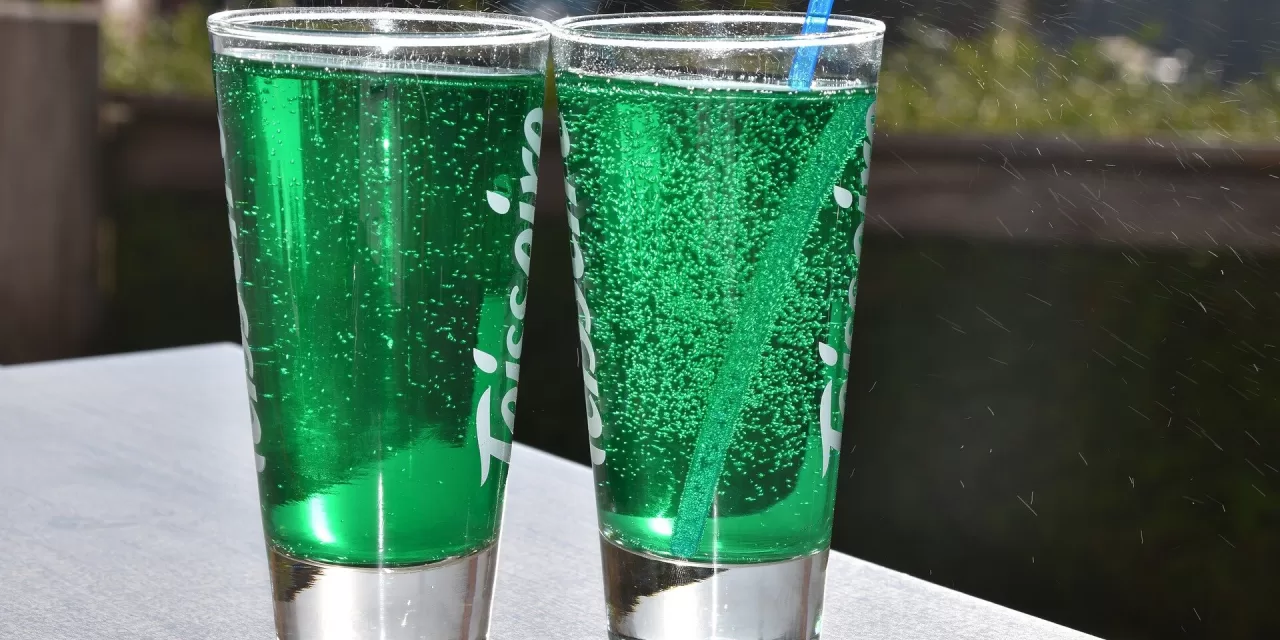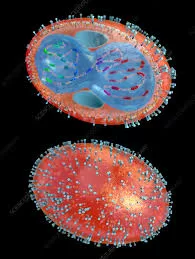January 5, 2025
A groundbreaking study published in the journal Heart Rhythm has raised alarms over the potential dangers of energy drinks, linking their consumption to an increased risk of life-threatening cardiac arrhythmias, particularly in people with genetic heart conditions.
Conducted by researchers from the Mayo Clinic, the study highlights how the high caffeine content and other unregulated ingredients in energy drinks can significantly impact heart rate, blood pressure, and heart muscle contractions. These effects, combined with pre-existing risk factors, may lead to fatal irregular heartbeats.
Key Findings
The research analyzed 144 survivors of sudden cardiac arrest treated at the Mayo Clinic and found that 5% had consumed energy drinks prior to their episodes. While this percentage may seem small, the study emphasizes that energy drinks—when combined with factors like genetic predispositions—can create a “perfect storm” of risks.
Energy drinks typically contain between 80 mg and 300 mg of caffeine per serving, surpassing the approximately 100 mg found in an 8-ounce cup of brewed coffee. Moreover, they often include other stimulants like taurine and guarana, ingredients not regulated by the U.S. Food and Drug Administration (FDA).
“The synergy between these substances is concerning,” stated the study’s lead investigator. “As the energy drink market continues to grow, we must evaluate the combined effects of caffeine and these unregulated ingredients on cardiovascular health.”
Recommendations and Public Health Concerns
Although the study stops short of establishing a direct causal relationship, researchers urge caution. Moderation in energy drink consumption is strongly advised, especially for individuals with known or suspected heart conditions.
Cardiac health experts are calling for stricter regulations and increased public awareness of the potential risks associated with energy drink consumption. “It’s not just the caffeine—it’s the combination of ingredients and the quantity consumed that can tip the balance,” noted one cardiologist.
As energy drinks become increasingly popular, particularly among young adults and athletes, this research underscores the need for further studies and policy interventions to safeguard public health.












